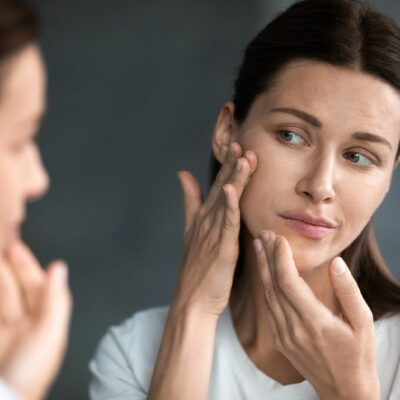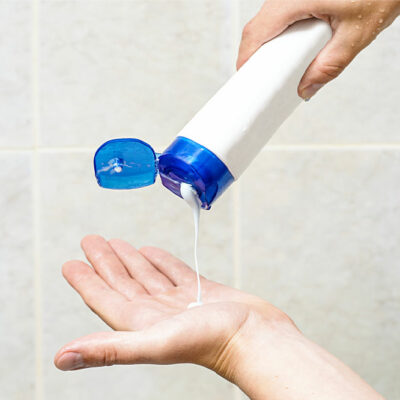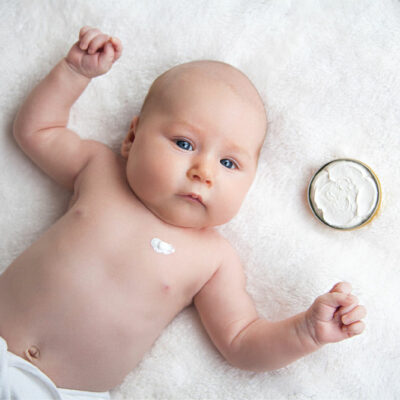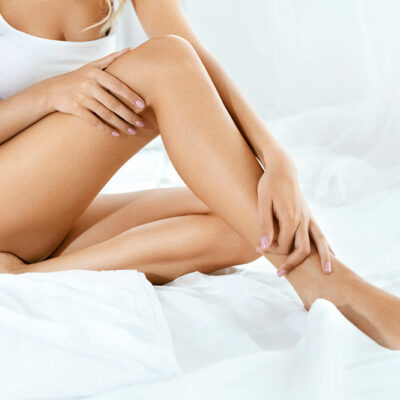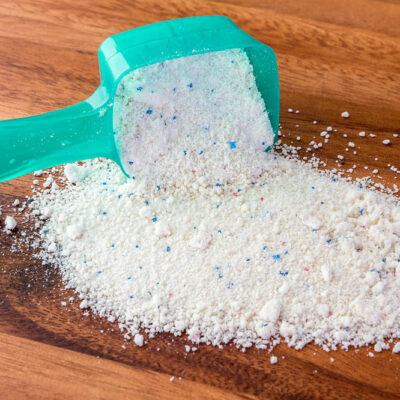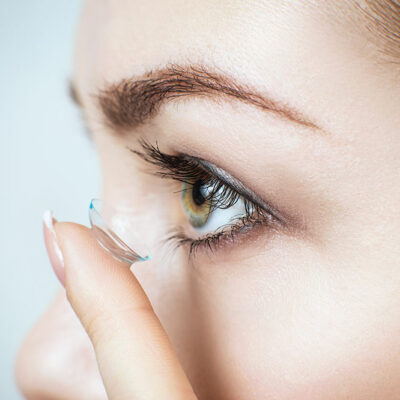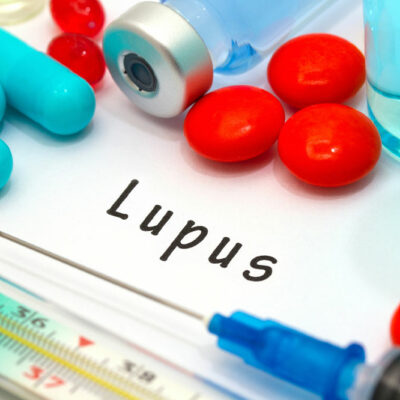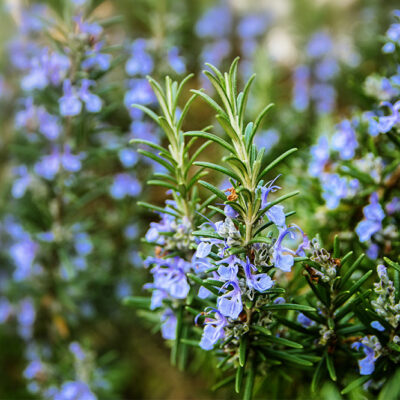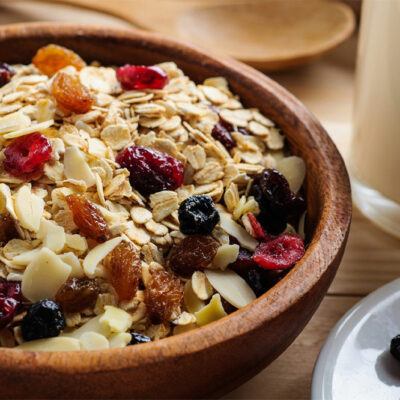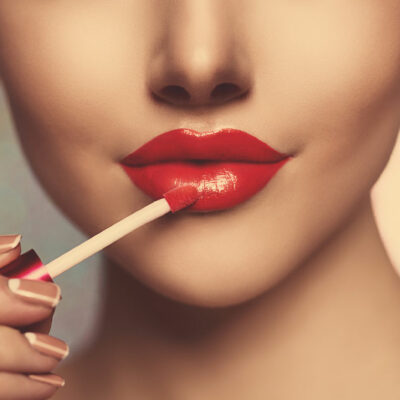
beauty
Avoid these 5 common lipstick mistakes
Lipsticks are one of the most commonly used beauty products. There are hundreds of different shades available across a dozen-odd cosmetic brands that promise the best look. Simply narrowing down a few options and selecting one of them can become quite a cumbersome task, especially for first-timers. This is also why you must pay attention to the following lipstick mistakes women generally make. Here are a few to avoid hereon. Not buying organic products Many popular lipstick formulas can contain heavy metals like lead, phthalates, and parabens to increase the product’s shelf life. But regular use of such lipsticks increases the risk of health complications that can be triggered by these chemicals. Instead, opt for brands that boast organic formulas made from natural ingredients which are safe to use daily. Skipping lip primer or liner If you are using a matte lipstick, there are two extra steps to get the preferred shade. Firstly, use a lip primer before any matte lipstick; it applies smoothly and makes it last longer. Secondly, outline the lip with a highlight liner to ensure you don’t apply too much or too little lipstick. Find a matte lipstick shade to create a base template and explore available liner options to complete the look.
